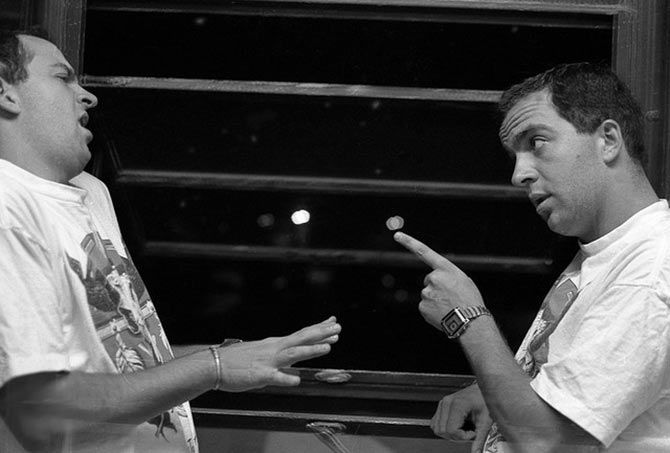Feedback is essential for the growth of any professional. But are you equipped to handle it well?

Dealing with criticism in a positive manner is extremely important.
At some point in your professional life you will be criticised.
It may seem unfair and difficult. But you can use it in a positive manner -- as a means to better yourself, or in a negative manner -- causing yourself stress, anger and lowered self-esteem.
Below are the ways in which one must handle criticism:
Is it really criticism?
Most people get their defence up the minute they feel somebody is giving them an opinion not necessarily aligned with their own.
It is important to understand if the opinion is criticism or constructive feedback.
Instead of being extra sensitive, it is essential to absorb the person's outlook and analyse whether it can be incorporated in anyway.
Do not reject any idea by labelling it as criticism.
It might be a stepping stone to bettering yourself.
What is the intent?
You need to evaluate why are you being criticised.
Is it for the betterment of your task quality, behaviour, productivity, or is it simply done to ridicule you?
In case the feedback is in your best interest, utilise the opportunity to learn and outperform your previous efforts.
However, if the person's intent is to simply pick on you, you must be assertive and stand up for yourself.
Accept that you are not perfect.
'Nobody is perfect; neither are you.
If you are good, there is scope to become great.
If you are great, there still is scope to become outstanding.
Take feedback with a pinch of salt and do not get offended. Look at it as an opportunity to stretch your boundaries and explore further into your potential.
Do not get offended easily.
Do you find yourself getting hurt, crying at the drop of a hat or stressing out the minute anybody criticises your work?
The solution is not to cut the critics out of your life but to toughen up.
Do not be over sensitive. Listen intently to what the person is saying.
Weigh the significance before dismissing the person.
Is the feedback accurate?
Be completely objective and unbiased in assessing feedback.
Just because it is different from your line of thought, doesn't necessarily mean that it is wrong.
Think of every piece of feedback/criticism as a means of improving your knowledge, skills, attitude and efficiency.
If it doesn't help on any of these parameters, brainstorm your ideas with the person before putting your foot down and rejecting it.
Stop making excuses.
Do you display strong displeasure whenever someone is pointing out something to you?
This will lead to conflicting situations with the person or discourage the person from walking up to you and sharing his/her honest and possibly valid feedback next time.
Either way, your relationship will suffer, along with any future probability of getting fresh perspective on self-improvement.
Is the criticism destructive?
If you are sure that the intention behind the criticism is destructive, try to find the hidden motive and communicate with the person.
An open communication serves the purpose majority of the time. Be assertive and yet empathetic when you do so.
Trust yourself and be confident of what you bring on the table. Let the critics not succeed in pulling your morale down.
Remember: If you have received criticism that was delivered in a warm manner only to bring a positive shift in you, take the effort to display your gratitude and appreciation to the person.
Thanking people who give you honest criticism is a sign of maturity.
Lead image used for representational purposes only. Credit: Diego Rodriguez-Vila/Creative Commons
The author is co-founder and head of business development at Work Better Training.












 © 2025
© 2025